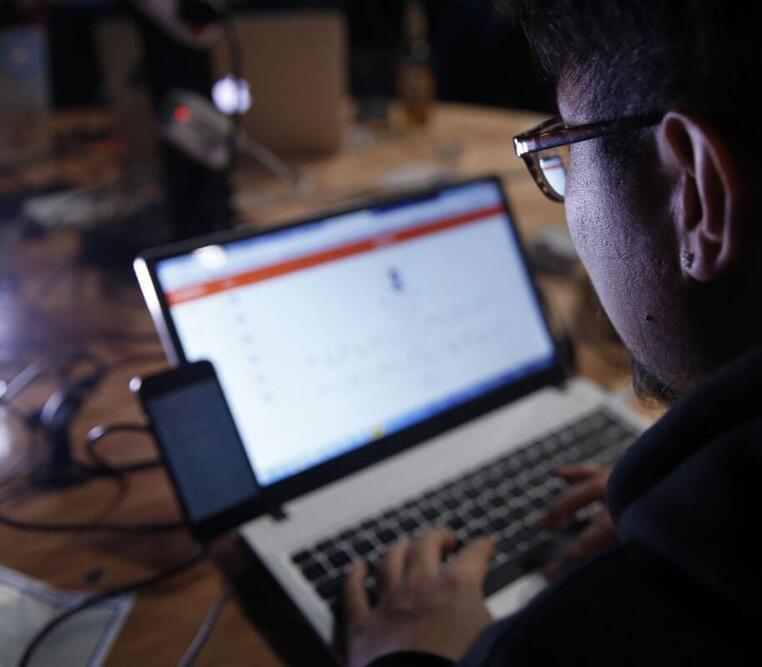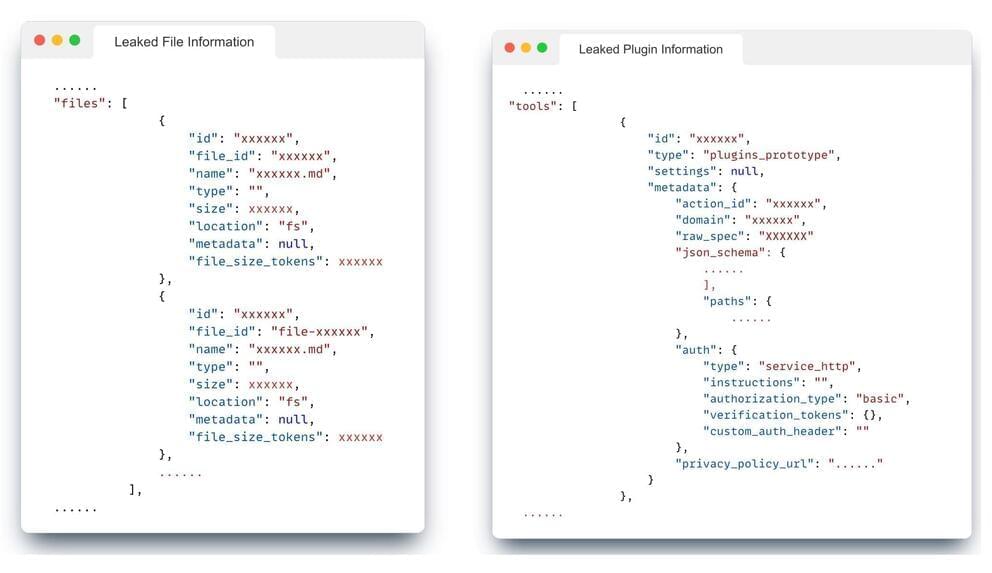A high voltage direct current cable will connect UK homes with fresh green energy from the wind farms of Denmark.
Viking Link, the world’s largest interconnector, connecting electrical grids in Denmark and the UK using a 475-mile (765 km) undersea cable is days away from being put into operation. The interconnector will go online at reduced capacity and eventually power 1.4 million homes in the UK.
Interconnectors enable a quick way to tide over demand-supply fluctuations in an electrical grid. These are especially important in a world where energy comes from renewable sources and is known to be produced intermittently. This is why the EU expects them to play a crucial role in the region’s energy security in the future.






 עברית (Hebrew)
עברית (Hebrew)


